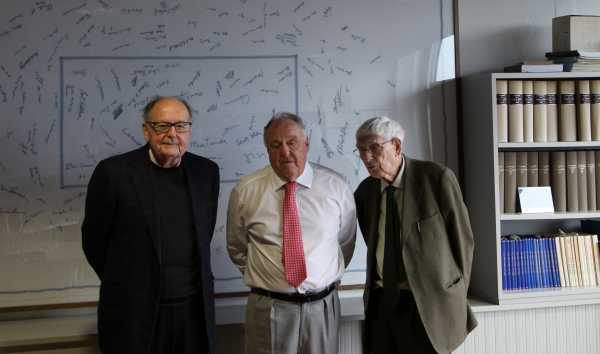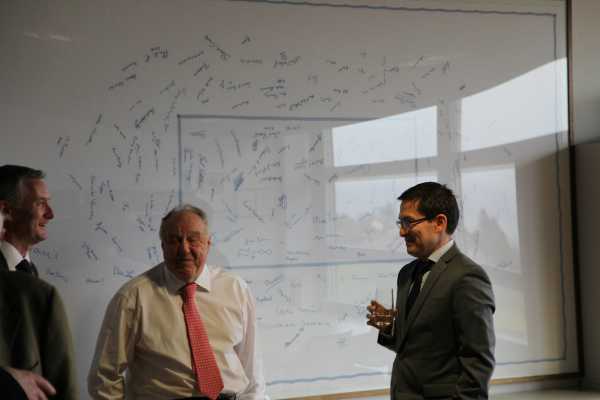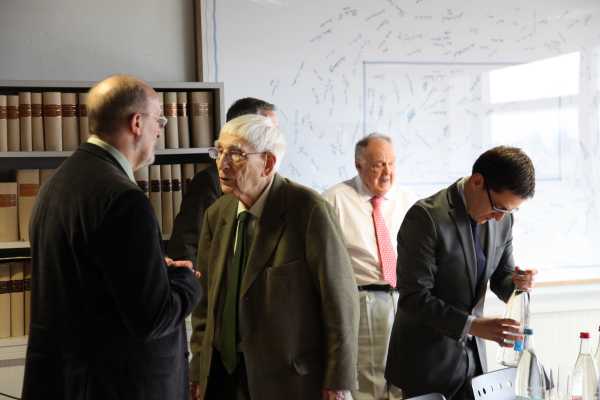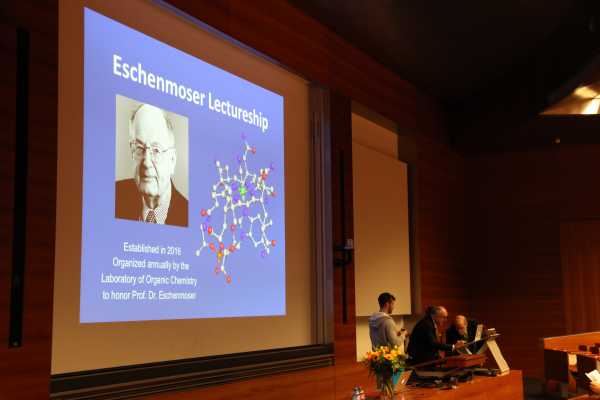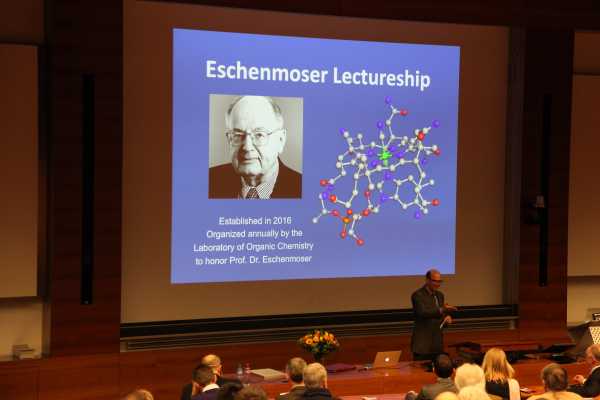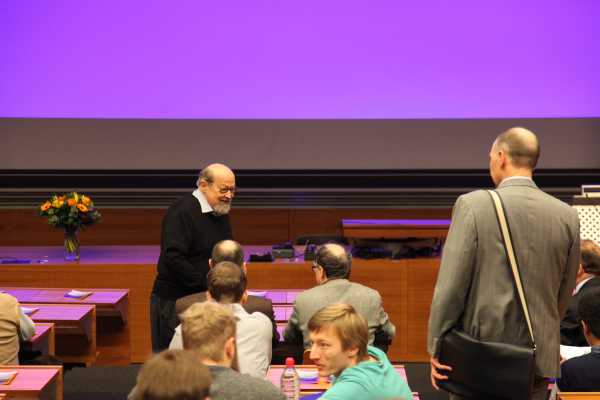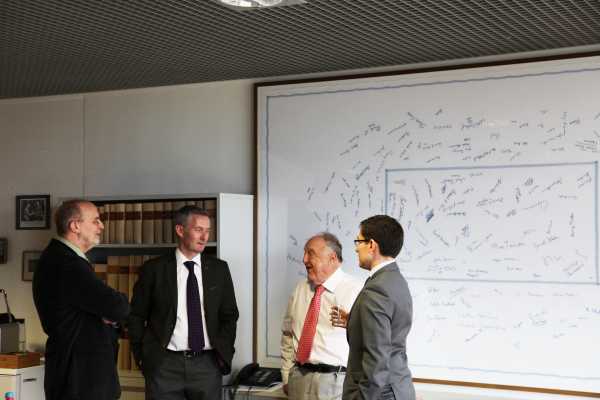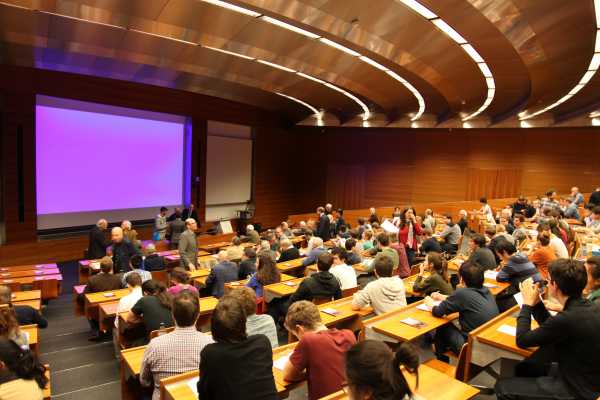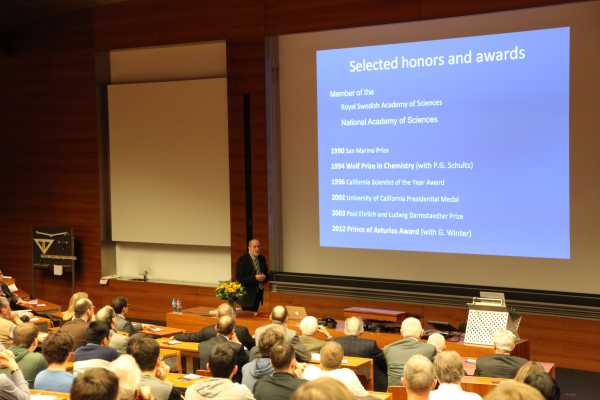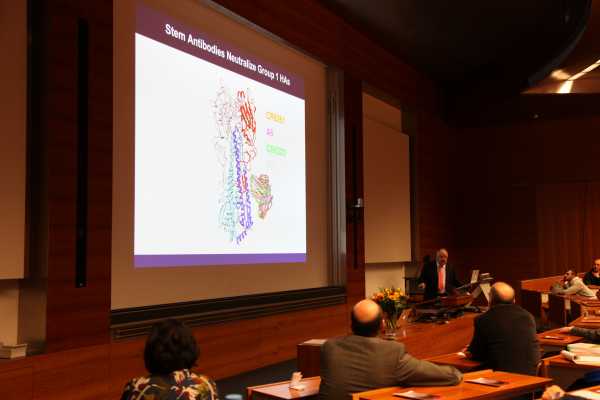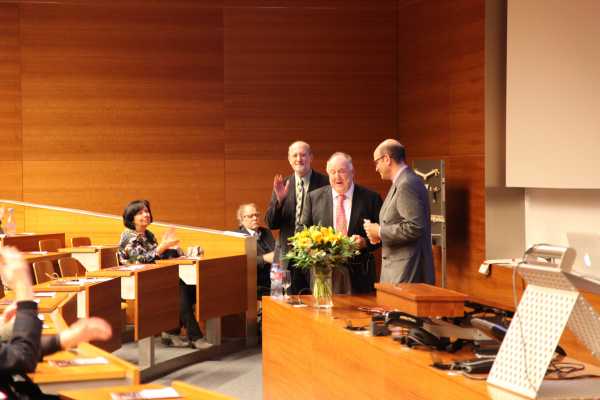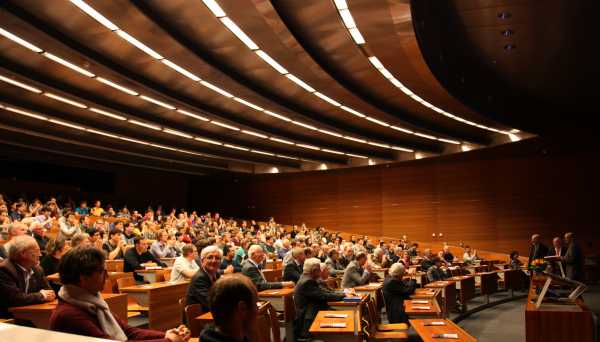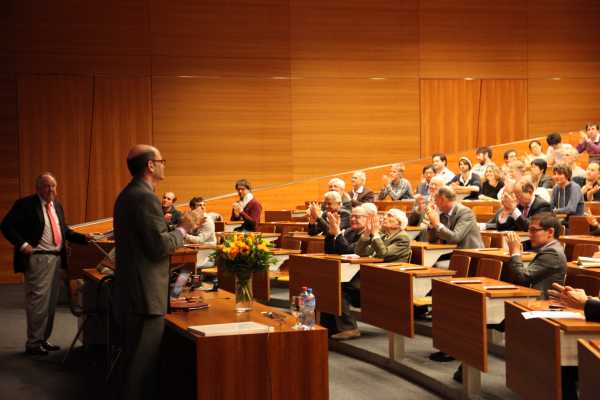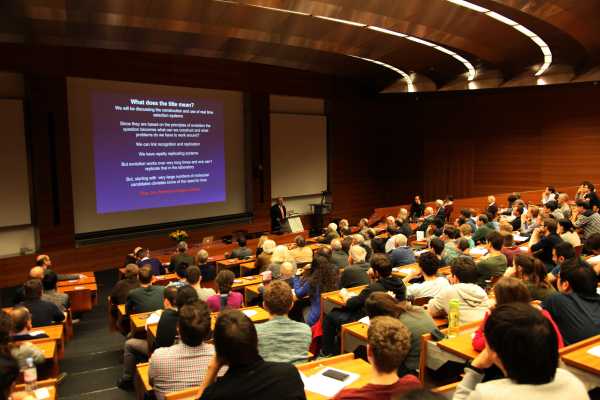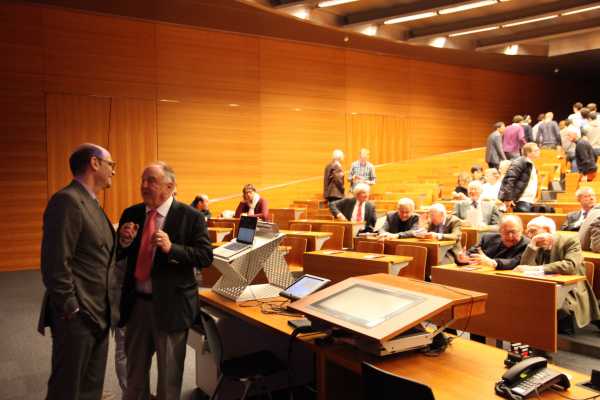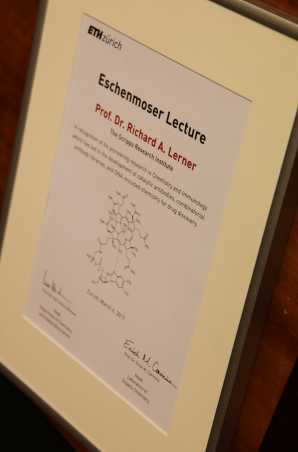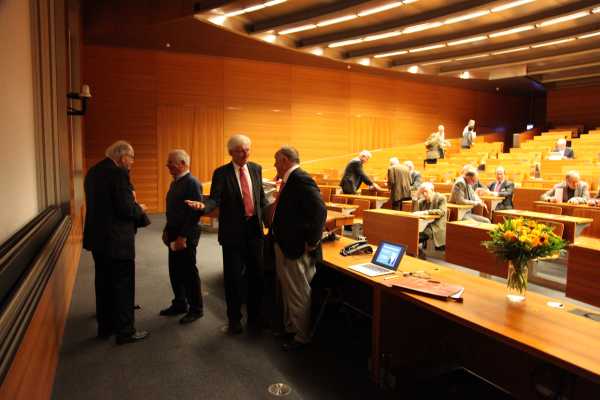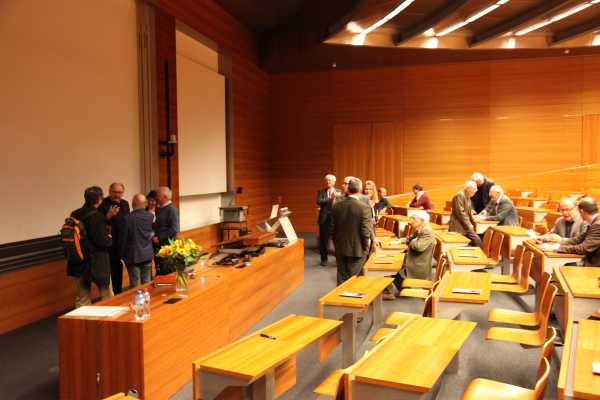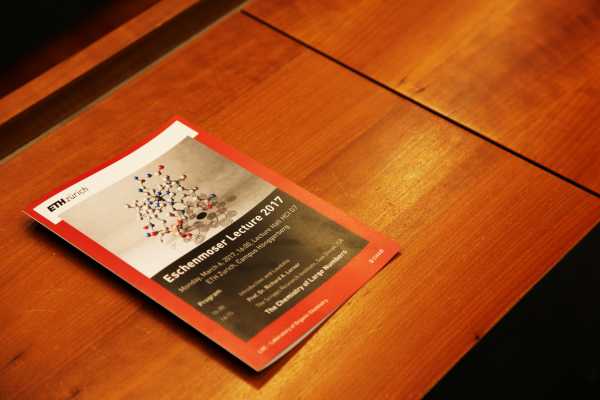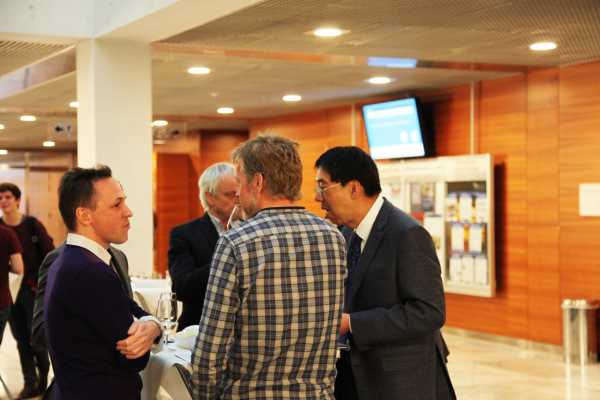Eschenmoser Lecture 2017
Prof. Richard A. Lerner

It is the great privilege of the ETH Laboratory of Organic Chemistry to welcome Professor Richard A. Lerner, the Lita Annenberg Hazen Professor of Immunochemistry, Cecil H. and Ida M. Green Chair in Chemistry, and Institute Professor at the Scripps Research Institute (TSRI) in La Jolla, California, to give the 2017 Eschenmoser Lecture honoring contributions of Professor Albert Eschenmoser to the fields of Organic Synthesis and Biological Chemistry.
Richard Lerner obtained his undergraduate education at Northwestern University, followed by an M.D. from Stanford Medical School in 1964. After postdoctoral training with immunologist Frank Dixon at the Scripps Clinic and Research Foundation, Lerner joined the faculty of the Wistar Institute in Philadelphia for several years before returning to Scripps. In 1982, he was appointed chairman of the Department of Molecular Biology, assuming directorship of the institute five years later. In 1991, when TSRI was established as a nonprofit entity, Lerner became its first president. Under his 25-year stewardship, Scripps grew into one of the largest nonprofit biomedical research organizations in the world – an internationally recognized center of chemical biology with a strong focus on converting basic science into usable drugs. He raised substantial funding for the institute in a series of partnerships with pharmaceutical companies, and also oversaw the establishment of a sister research campus, Scripps Florida, in Palm Beach County. When his term as president ended at the end of 2011, Lerner returned to laboratory research.
Over his long career, Richard Lerner has made eminent and wide-ranging contributions to the fields of chemistry and immunology. Exploiting molecular diversity in chemical and biological systems is the thread that runs through his many research accomplishments. These achievements include utilization of peptides to create synthetic vaccines, development of selectable ‘libraries’ of venoms toward new drugs, and—with biologist Sydney Brenner—invention of DNA-encoded libraries. The latter exploit an informational biomolecule, DNA, to encode the identity and synthetic route to billions of small molecules in combinatorial compound libraries. These have become a widely used tool in academic research and drug discovery.
Lerner is perhaps best known for his efforts to harness the power of the immune system to generate catalysts and high-affinity receptors. His groundbreaking work on catalytic antibodies, for example, capitalized on the specificity and diversity of this natural protein-generating system to produce antibody molecules with tailored chemical reactivities and specificities. Catalysis of chemical transformations thought impossible using classical techniques captured the imagination of chemists and biologists alike. His efforts to create a synthetic immune system in the test tube have also opened new vistas, enabling advances in the use of antibodies as therapeutic tools to prevent and treat immune disorders, degenerative diseases, and many cancers. The ability to create fully humanized antibodies by phage display paved the way for development of blockbuster monoclonal antibody drugs like Humira (BASF and Cambridge Antibody Technologies) and Benlysta (GlaxoSmithKline and Human Genome Sciences) for the treatment of rheumatoid arthritis and lupus, respectively. Many more therapeutic products are under development or in clinical trials.
Richard Lerner has been widely recognized for his pioneering achievements and for his powerful advocacy of the role of chemistry at the interfaces to biology and biomedicine. Along with Peter Schultz, he was awarded the 1994 Wolf Prize in Chemistry for work on catalytic antibodies. In 2012, he and Greg Winter received the Prince of Asturias Award for conception and development of combinatorial antibody libraries. Among other distinctions, he has received the Parke-Davis Award (1978), the San Marino Prize (1990), the California Scientist of the Year Award (1996), the University of California Presidential Medal (2002), and the Paul Ehrlich and Ludwig Darmstaedter Prize (2003). Dr. Lerner is on the editorial boards of several research journals, and has been elected to many prestigious scientific societies, boards, and academies, including the Royal Swedish Academy of Sciences and the National Academy of Sciences. He is also the recipient of honorary degrees from the Technion – Israel Institute of Technology (2001), Ben-Gurion University of the Negev (2003), Florida Atlantic University (2004), the University of Oxford (2007), and University of Warwick (2010).

